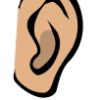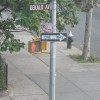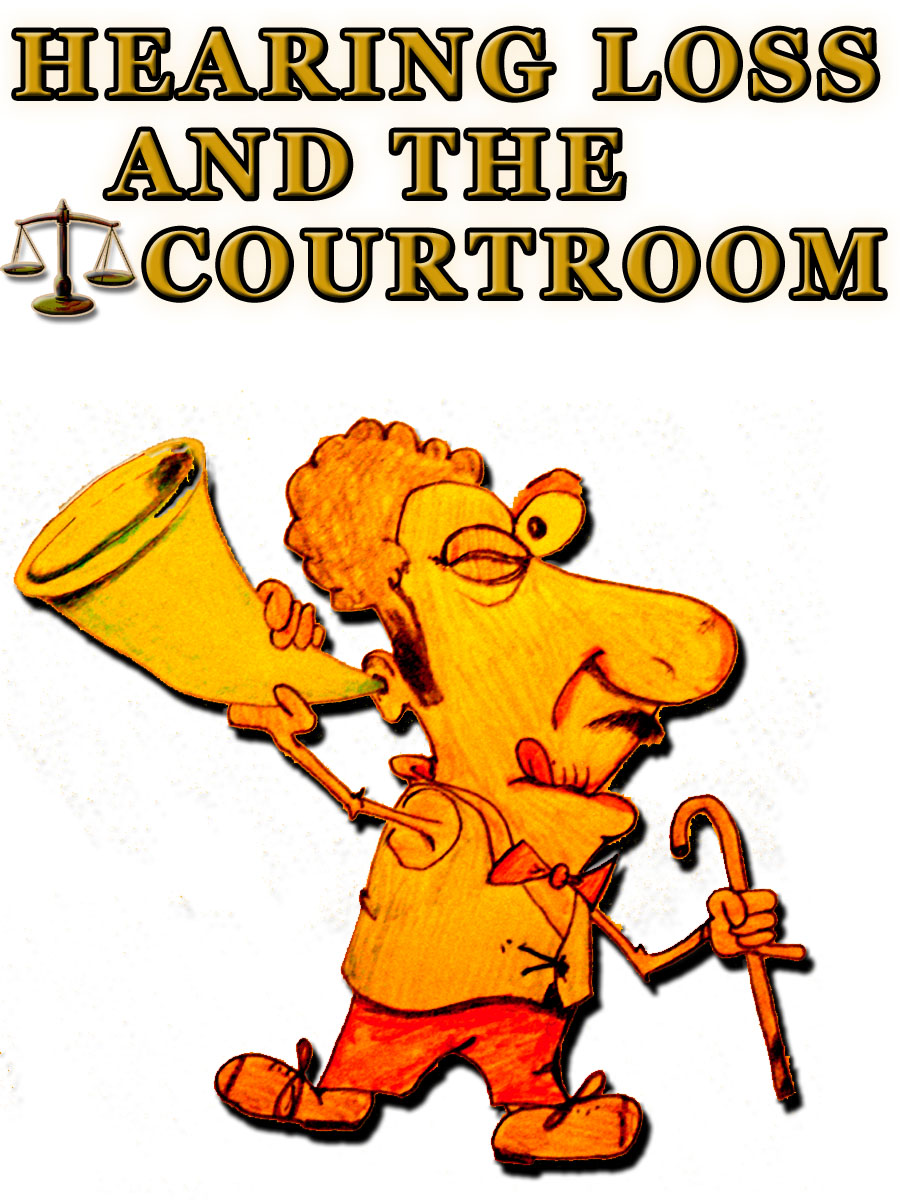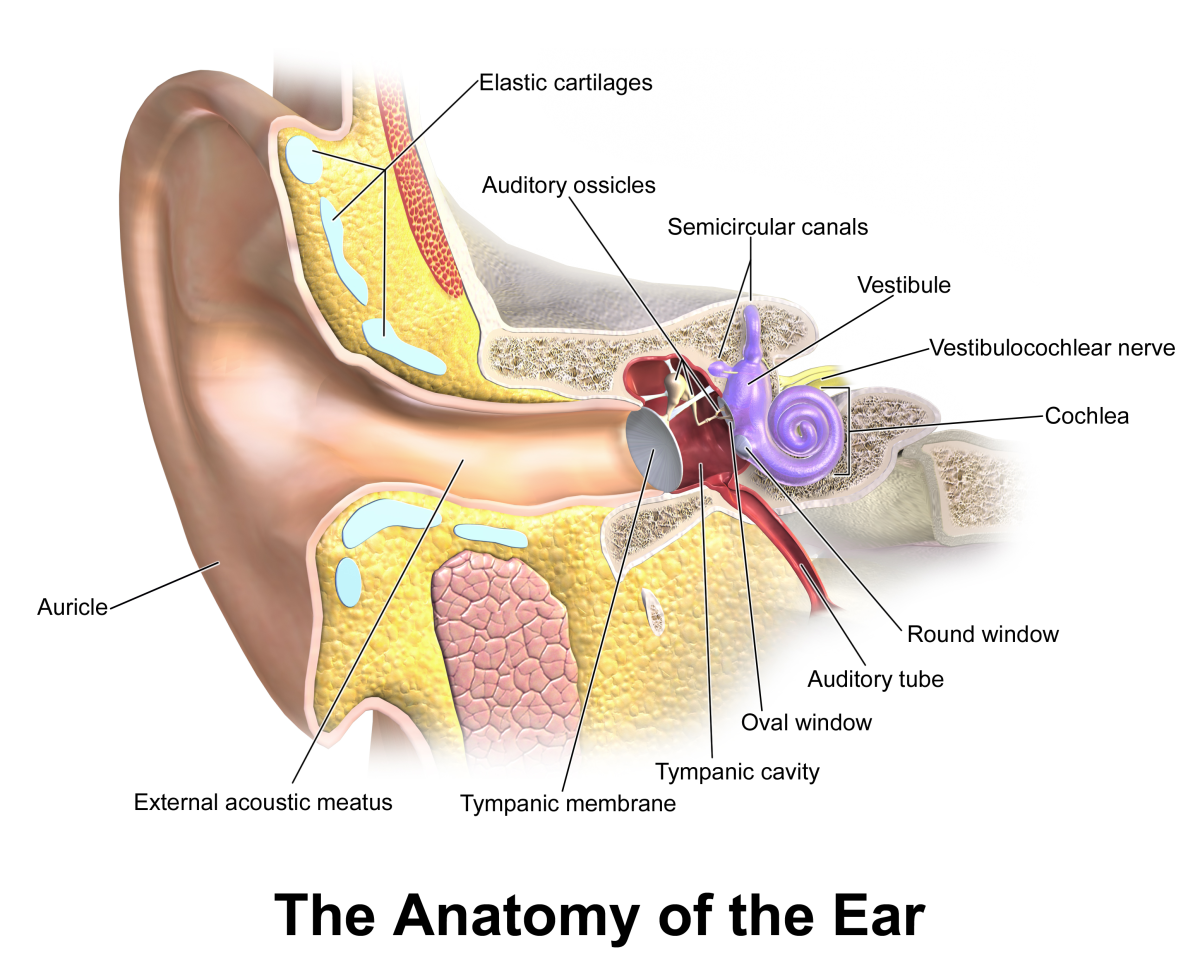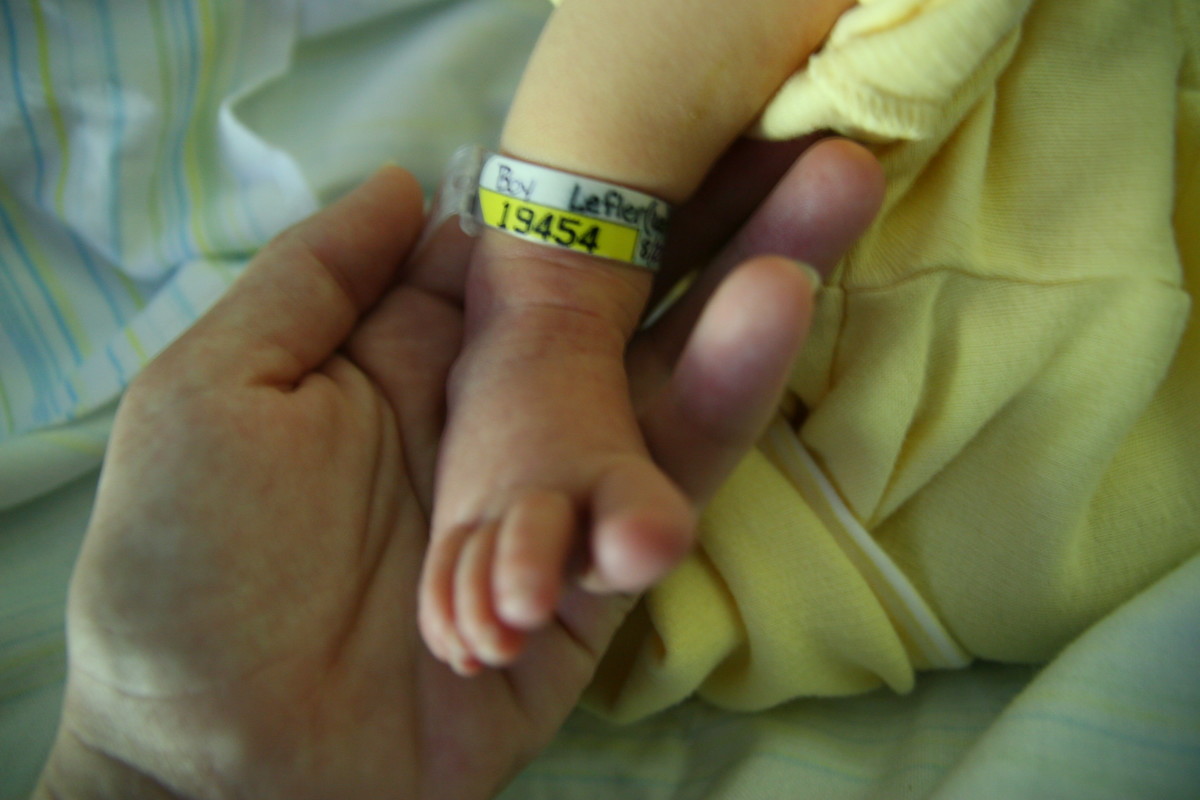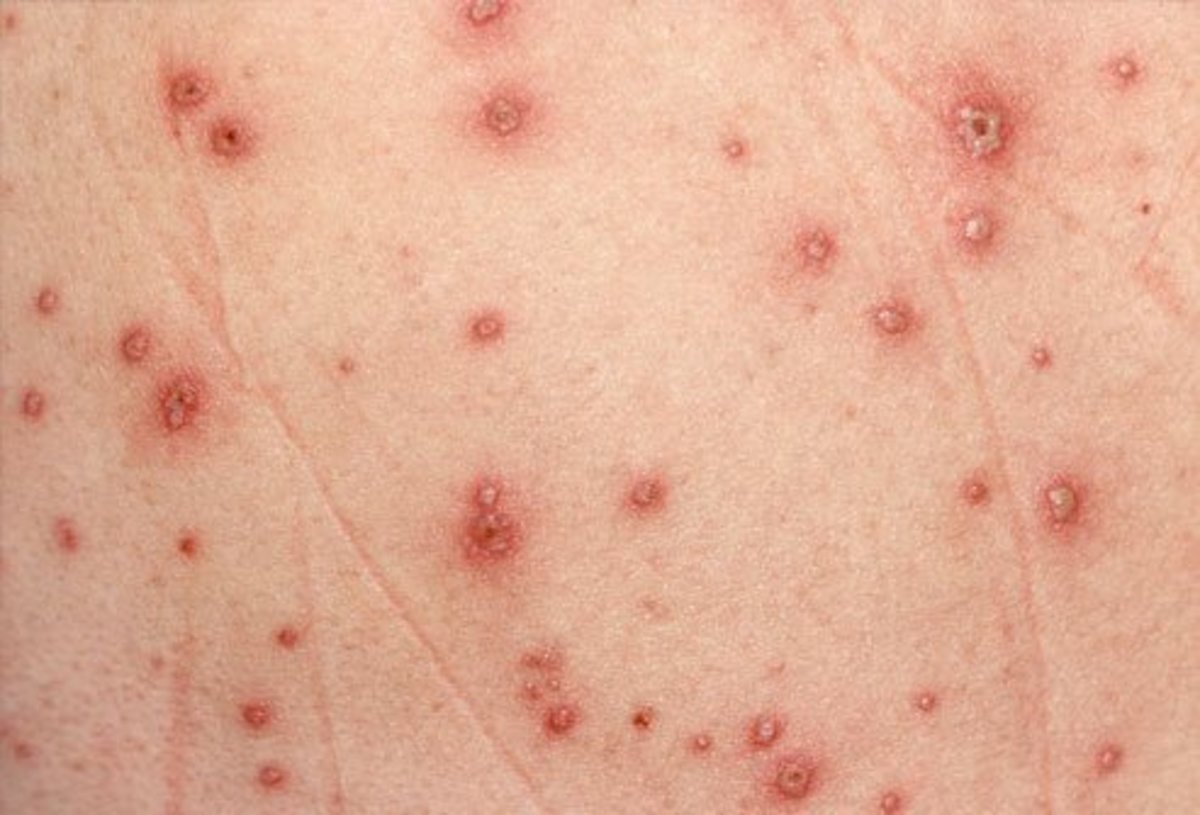Signs of Hearing Loss in Teenagers
Hearing Loss in Teenagers
If you find yourself screeching at your teen, and getting no response, there may be an innocent explanation; your teen may be experiencing hearing loss.
There are studies that indicate about 15 percent of American teens are showing early signs of hearing loss. It appears that the modern lifestyle is prematurely aging the ears of teens who should have almost perfect hearing. Items regularly used, and the things that we do, are loud enough to put hearing at risk. These include hair dryers, MP3 players, movie theaters, rock concerts, a trip on the NYC subway, and even sending your teen out to cut the grass. On the bright side, once you understand decibels, you can take steps to help prevent hearing loss in your teen.
Decibels are how noise is measured. The quietest sound a person can hear is 0 (zero), 60 is considered normal for a conversation and the sound of a gunshot at close range (140) can cause immediate permanent damage. It seems that 70 decibels can be safely tolerated, indefintely, without harm. However, much of how we live and what we do is above 70 decibels.
Hearing loss happens when there is enough loud noise to permanently or temporarily damage the microscopic hair cells in the inner ear; these hair cells convey sound to the brain. While those cells can bounce back after a loud concert, a habitually loud and noisy life may cause the cells to stop working forever!
It may take several years for this to happen which is why teenagers may think they are not affected by the constant onslaught of blasting noise.
Here are some examples of noise that may affect a teen (all over 60 decibels):
The hair dryer - (77 to 92 decibels) - many teens use a hair dryer daily.
The rock concert - (89 to 120 decibels) - it's been years since I have been to an indoor rock concert. I was thrilled to get nearly front row seats - but when I left I could not hear for the rest of the evening. Our teens, of course, love a good indoor loud concert.
The lawn mower - (86 to 99 decibels) - if you've tried to sleep late on the weekend, only to hear your neighbor cutting grass at 7am, you know how loud these monster machines can be. If you send your teen out to cut the grass, be aware if the teen takes an MP3 player. Chances are the MP3 player will be turned to maximum volume to compensate for the noise of the mower, or other lawn equipment. A double whammy!
The movie theater - (72 to 104 decibels) - I suspect a love story may be a bit quieter, but if you sit through one of those car chase, bomb everything, shoot 'em ups, I am sure they reach the top of this decibel range. Teens tend to like action flicks.
The NYC subway - (83 to 112 decibels) - I am a native NYer and I can attest to the noise underground. Do this five days a week and I am sure this is one of the leading causes of stress in NYers. Many teenagers here in the city travel to school by subway.
Sporting Events - (89 to 115 decibels) - I remember going to Shea Stadium to a baseball game and I did it just one time because the screaming and yelling was overwhelming (not to mention the beer swilling, toilet paper throwing, etc.) Teenagers love sporting events and many are held indoors.
Add to this, the fun-filled nights at a dance club or house party, where music has to be as loud as possible.
One consumer magazine expressed concern about the use of MP3 players. Teens often play them at maximum volume and if played for extended periods of time can do damage. There is a tendency, if in a noisy environment, to compensate by turning up the volume. If you have been in a noisy, high decibel subway car, you may have heard music coming from an MP3 player plugged into someone's ear. The listener, no doubt, has turned it up so loud to hear it over the subway noise. Teenagers on subways or even the city streets are likely to turn up an MP3 player.
Here are ways to protect hearing:
- if you are in a restaurant, or anywhere, and you have to raise your voice to be heard, then your hearing is being affected. Change venues.
- see if your teen has a volume limiter on the MP3 player, and make sure it is used. If not, then it is suggested that listening time should be limited to 90 minutes per day.
- turn it down. Turn down everything! This includes the tv, the stereo, the radio.
- use foam ear plugs. If inserted properly can reduce noise exposure by about 20 decibels.
- use noise canceling over-the-ear headphones. These help cancel out the background noise which can lead to a higher listening volume. But teens (and adults) should never use these where you need to stay alert - like driving a car.
- be aware that hearing loss is cumulative. Make sure your teen has quiet time as often as possible.
- use a push mower. But no one listens to this advice. I've cut grass many a day in my life and the use of a push mower kept my arms strong, kept my weight down, did not pollute the environment, and made no noise. A perfect machine. I've also, in the early days, used an electric, or a gas powered mower and the noise left me shaking. In the future when I retire to a house with a garden I will plant all sorts of ground cover so as to eliminate the use of any machine. A garden should be a quiet place.
For information about deafness and other communication disorders in our children, the government has a clearinghouse on hearing disorders at a user friendly website: nidcd.nih.gov
Have a quiet, restful day!
